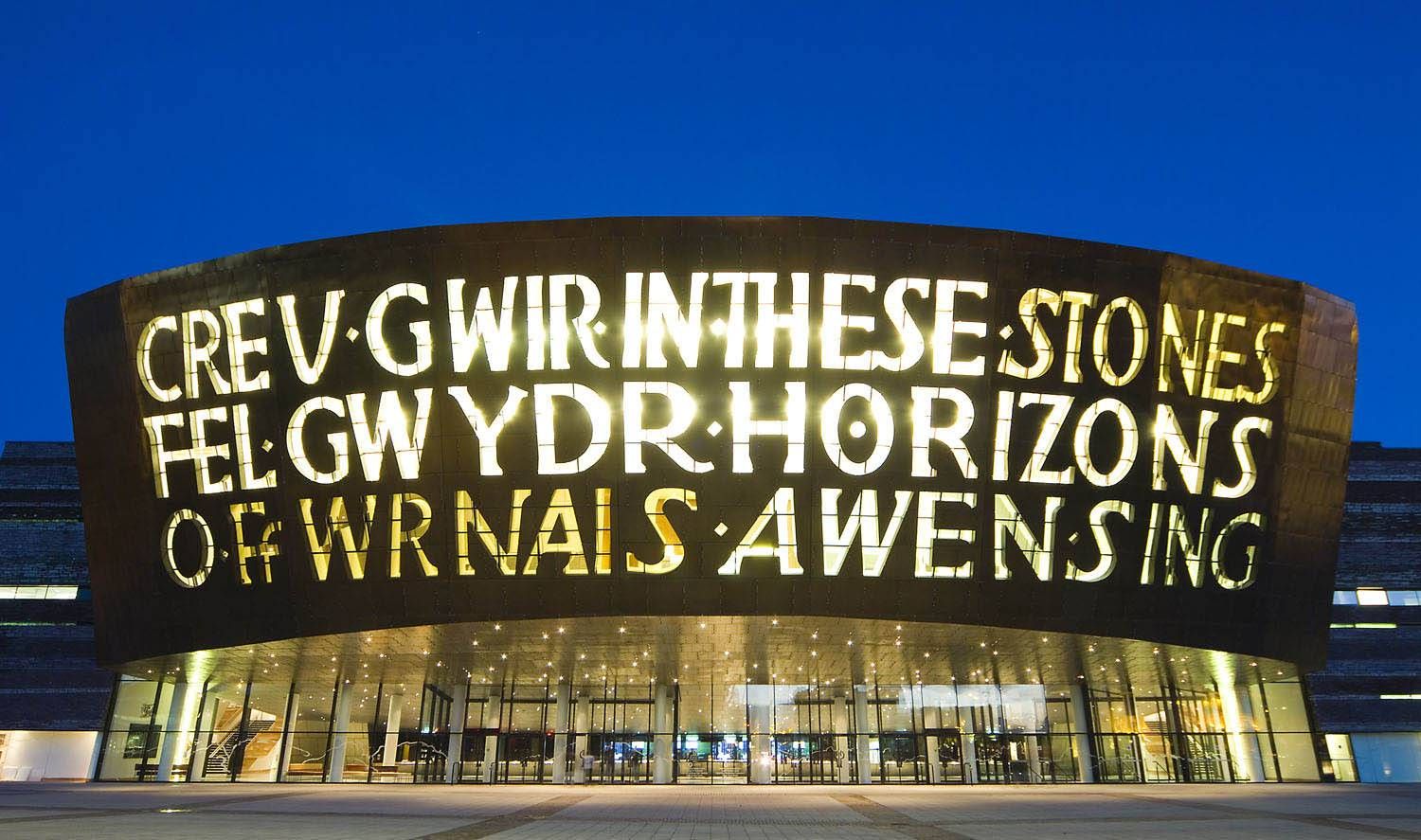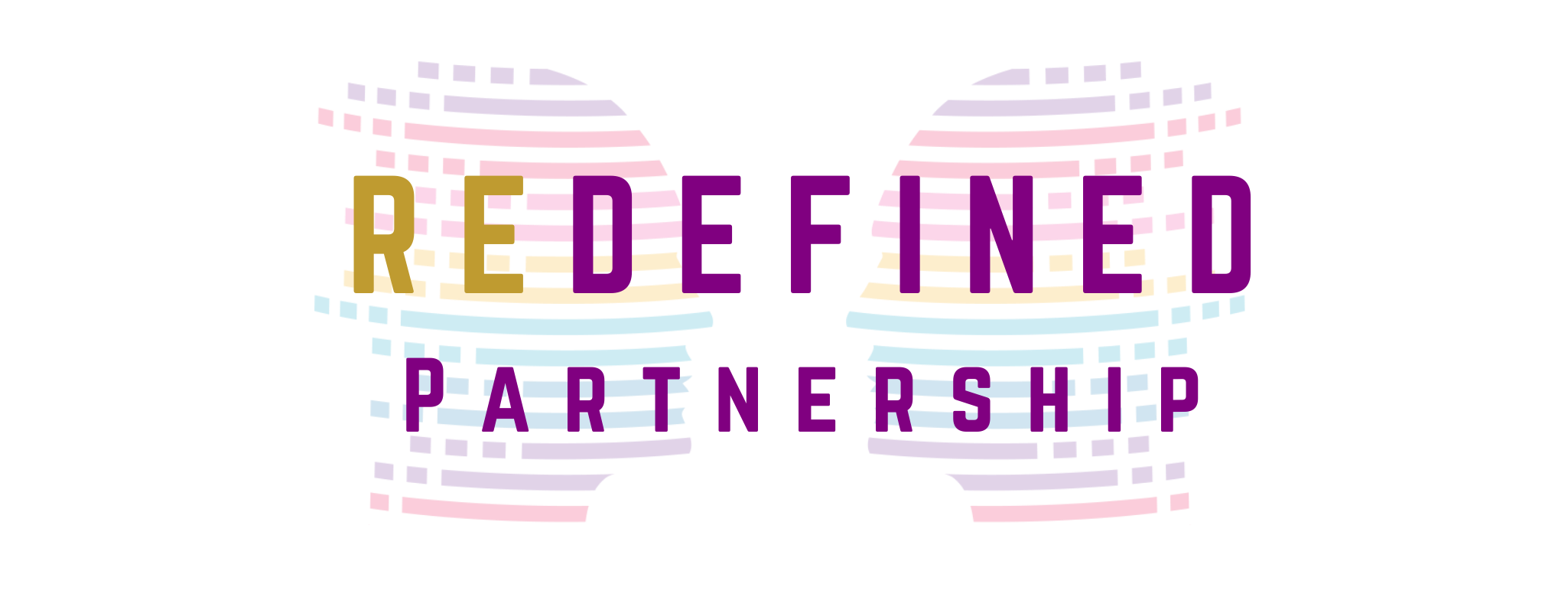Revival + Relevance = Redefined Oneness
So the question “How am I to live in this world?” has now become “How am I to change?” – bearing in mind that the how doesn’t mean a method, but is an enquiry to understand. We state you must be “redefined” not changed.
What is redefined? What is change? Is there any difference at all? Or can you ask whether there is any change at all only after there has been a total change and revolution?
In a redefined response for the good you are living and bringing good
Let’s begin again to find out what this word “change” means. Change implies a movement from what is to something different. Is this something different merely an opposite, or does it belong to a different order altogether?
To progress from being a sinner to being a saint is to progress from one illusion to another.
J. Krishnamurti
If it is merely an opposite then it is not different at all, because all opposites are mutually dependent, like hot and cold, high and low. Some call it dual thinking.The opposite is contained within, and determined by, its opposite; it exists only in comparison, and things that are comparative have different measures of the same quality, and therefore they are similar. So change to an opposite is no change at all. Even if this going towards what seems different gives you the feeling that you are really doing something, it is an illusion.
“We Repeat What We Don’t Redefine”
So what are we concerned with now? Is it possible to bring about in ourselves the birth of a new order altogether that is not related to the past? The past is irrelevant to this enquiry, and trivial, because it is irrelevant to the new order.
Questioner: How can you say it is trivial and irrelevant? We’ve been saying all along that the past is the issue, and now you say it is irrelevant.
The past seems to be the only issue because it is the only thing that holds our minds and hearts. It alone is important to us. But why do we give importance to it? Why is this little space all-important? You cannot live in the past -despite its importance -dwelling in it does not allow activity but first you must negotiate and question and that’s when we think in a redefined way for relevance and reasoning .
If you are totally immersed in the past, utterly committed to it, then you will never listen to change or new thoughts or redefined thinking . The person who is not wholly committed is the only one capable of listening, enquiring and asking. Only then will he or she be able to see the triviality of this little space.

So, are you completely immersed, or is your head above the water? If your head is above the water then you can see that this little thing is trivial. Then you have room to look around. How deeply are you immersed? Nobody can answer this for you except yourself or your organisation.
In the very asking of this question there is already freedom and, therefore, one is not afraid or in a curve of denial.
Your vision can be extensive. When this pattern of the past holds you completely by the throat, then you acquiesce, accept, obey, follow, believe. It is only when you are aware that this is not freedom that you are starting to climb out of it going through the motions and not claiming the redefined space available -it takes work but is worth it. It’s a revival of thinking leading to progress.
Questioner: So we still now doubt, and we are again asking: what is change, what is revolution?
Change is not a movement from the known to the known, and all political revolutions are that. This kind of change is not what we are talking about.
Redefined thinking brings in the two way , dualistic approach of opposites and brings in another approach creating “oneness” -once you see what matters -you will see what is needed to be redefined.
To progress from being a sinner to being a saint is to progress from one illusion to another.
So now we are free as a project, organisation or movement in being in one way from this to that of being redefined and adapting.
We do consider the past, the present and by going back you can jump over the brook to the future but you need to redefine it and then live it.
Accredited Sources:
- J. Krishnamurti Thinking – published works between 1933 and 1986.
- Nefsky, J. How you can help, without making a difference. Philos Stud174, 2743–2767 (2017). https://doi.org/10.1007/s11098-016-0808-y
- Cynthia Bourgeault, and to hear her teach on “Oneness: The Secret Embrace, Thomas Keating’s final gift to the world”.
- Elizabeth Kuber-Ross Thinking and views on grief and change.
